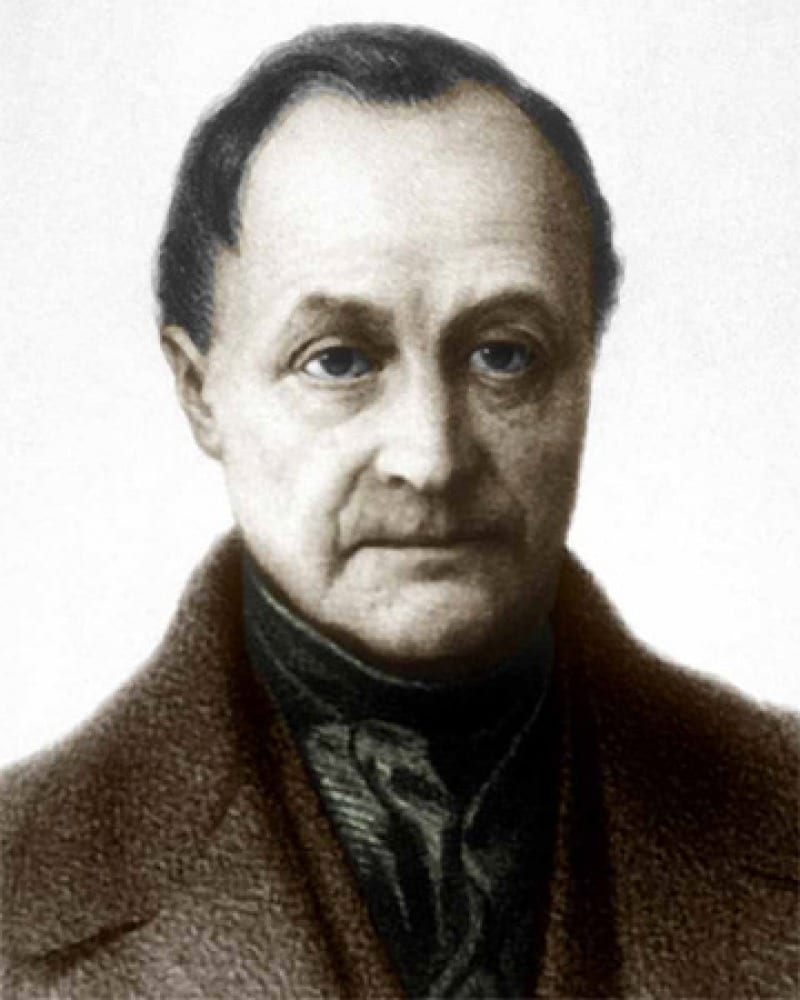Chapter 1 – Since only voluntary actions receive praise or blame, how do they differ from involuntary actions?
Compulsion – any case where the course of action lies in a thing outside agent and he contributes nothing.
Various examples of mixed voluntary/involuntary:
- Tyrant holding parents hostage to get you to do something evil
- Ship is sinking so you throw valuable cargo overboard
- Murder your mother
But when there is an agabilia that is rejected,
Ignorance – acts always non voluntary. If agent regrets the bad act done in ignorance, its involuntary. If the agent doesn’t regret the act done in ignorance its nonvoluntary.
Involuntary are done under Compulsion or Ignorance.
Chapter 2 – What is choice?
- Not desire because a desire can run counter to choice.
- Not passion for the same reason
- Not wish because choice can’t have an impossible object like wish can.
- Not opinion because that’s about the truth, not the good.
Voluntary action preceded by deliberation because choice involves reasoning and a thought process.
Chapter 3 – Since choice always involves deliberation (bouleusis, what is it?
Deliberation is about
- Not freakish random things
- Not things outside of our power/control
- Things in our control according to the main causes: nature, necessity, chance, human agency.
- Means, not ends, because the end is determined by what we are(A doctor does not deliberate whether he should cure a patient)
- If there is only one means, then we look for the means to that means, and the means for that means until we reach the first proximate means/act. (ie. putting your keys in the car and stepping on the gas to get groceries)
- An investigation to find what becomes the first step in execution
The object of choice = the object of deliberation except when a thing has already been chosen virtually or by prior deliberation or by habit where a man stops deliberating about how he should act. He just acts from the part that is built to choose already.
At one time or other. In art we deliberate about ends and means. Since in action we are the principle of our action, and these actions are discovered in deliberation as potential things/within our power for a further end, then we deliberate about means not ends until reaching the object of choice. The definition of choice is deliberative desire to do an action that is up to us.
Chapter 4 – Is wish (boulesis) the good or the appearance of good?
We can wish for what is impossible in itself, or possible but not too us, or what is possible to us as an end. Do we wish the good or the apparent good? We wish both. Always stay good, Different things appeared go to different people, the virtuous person judges correctly concerning good-The good appears go to the good person.
Primarily refers to the real good (end), and secondarily to the apparent good (means chosen).
Chapter 5 – Freewill. Are we fully responsible for becoming virtuous or vicious?
- Virtue invoice come from our actions
- Voice is voluntary because no one desires to be vicious call but some do vicious actions and voluntarily become vicious. A vicious person may not be able to stop but at some point he was able to develop another habit.
- The vicious person is responsible for the fact that he is deceived by the apparent good because the appearance is determined by his character which in turn was determined by his actions.
- Actions and states are both voluntary but not in the same way because we are in control the actions from beginning to end but only control states from beginning
Yes.
Begin discussion on bravery in various virtues. I’m going to skip to books 7 through 10 and will fill in these later
